
Maria Gerhardt (1978-2017) was a Danish writer and DJ who died of cancer soon after completing her third novel, Transfer Window, a fact that couldn’t help but colour my reading. The protagonist is a terminally ill young woman who lives in a wealthy suburb of Copenhagen that’s been turned into a hospice. The boutiques have given way to juice bars and therapists. The narrator spends much of her time at the Virtual Reality Store, reliving old memories.
Transfer Window is a portrait of life derailed by illness and the knowledge that it will be cut short. It’s written as a series of fragments: no linear narrative here, because the ongoing thread of the protagonist’s life has snapped. Any ambitions she might have had must be abandoned. The optimism of her schooldays has given way to pain and tiredness. Her relationships with other people – her sense of how they see her – has changed:
I don’t have to do anything today, other than care for my body and soul, enjoy life, as they say. There is no one to disappoint, no one to burden. Everyone, who does anything for me, is paid one-hundred-and-fifty kroner an hour. No one has to call me up voluntarily, or come for a visit and get a bad conscience about all the things they cannot change.
(translation by Lindy Falk van Rooyen)
Transfer Window is a piercing novel which depicts a character slipping out of her old life in plain sight. The suburb-hospice becomes a potent metaphor: a parallel world within the visible world, where lives play out to a different rhythm and outsiders can just walk on by. It’s a book that continues to linger and haunt.
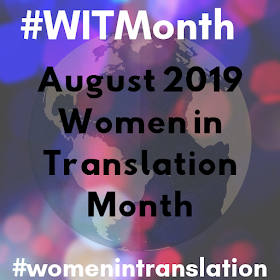
Book details
Transfer Window (2017) by Maria Gerhardt, tr. Lindy Falk van Rooyen (2019), Nordisk Books, 92 pages, paperback.
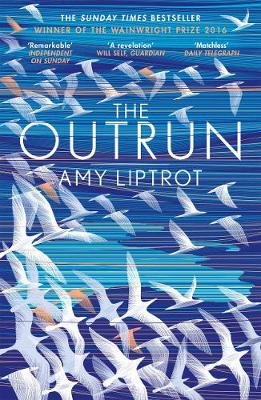
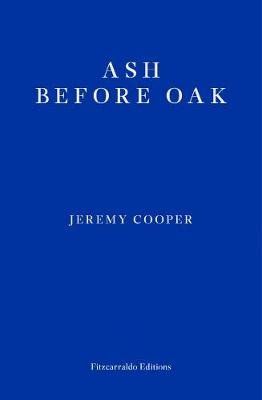
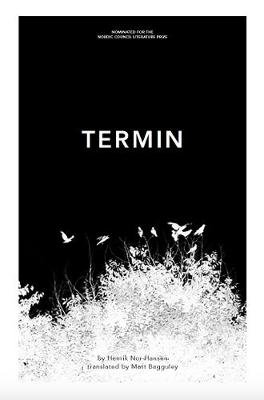
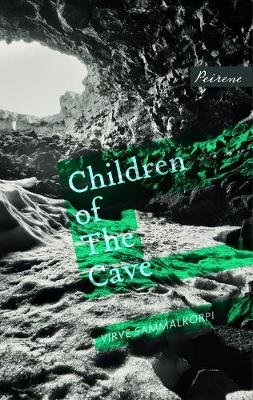
Recent Comments